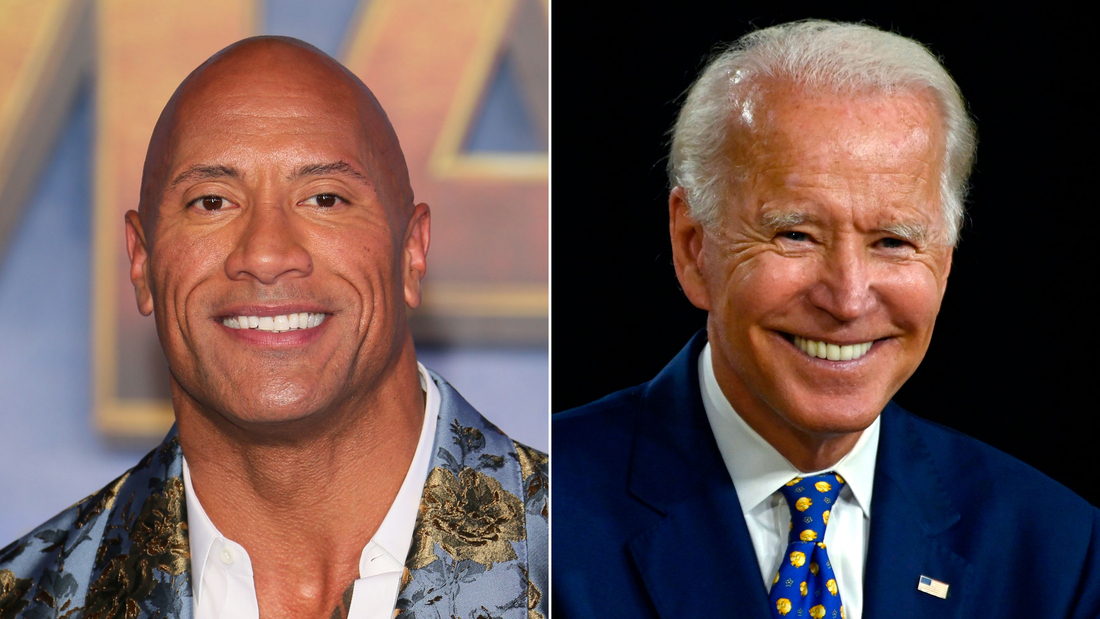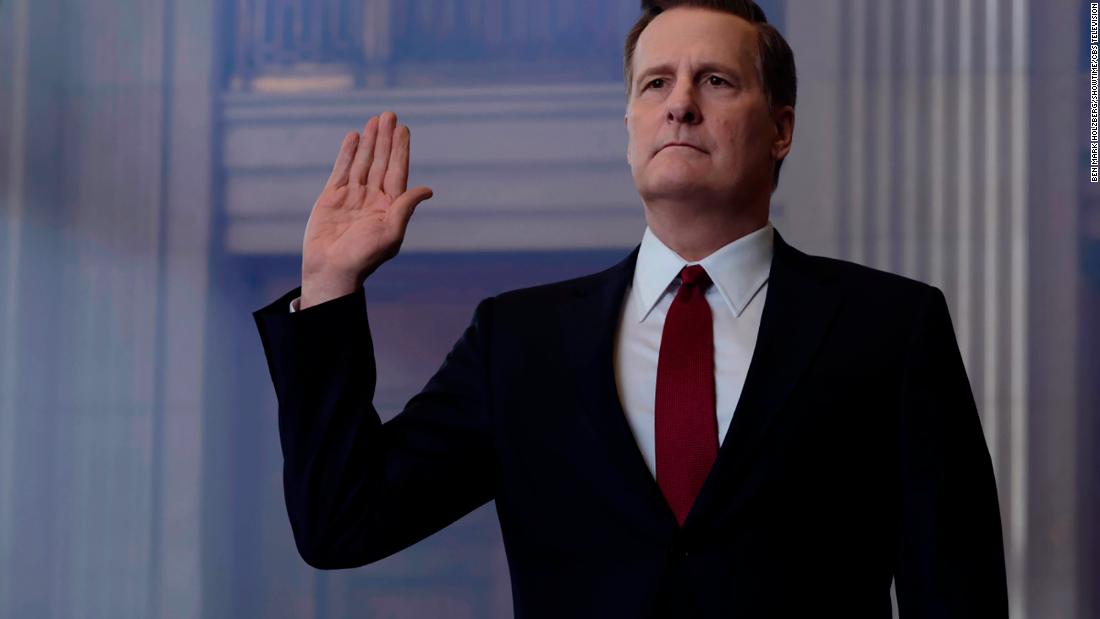 Image copyright
Getty Images
Image copyright
Getty Images
Liam Gallagher, Dua Lipa and Sir Paul McCartney are among 1,500 artists who have signed an open letter calling for support for the UK's live music scene.
Ed Sheeran, the Rolling Stones and Coldplay also signed the letter to the culture secretary warning of the impact of Covid-19 on venues and musicians.
It says the music industry faces "mass insolvencies", with gigs and festivals unlikely to return until 2021.
The organisers said there had already been "hundreds of redundancies".
Job losses have been reported across venues, agencies and promoters, they said.
'Future looks bleak'
The letter to Oliver Dowden reads: "With no end to social distancing in sight or financial support from government yet agreed, the future for concerts and festivals and the hundreds of thousands of people who work in them looks bleak."
It calls for a "clear, conditional timeline" for reopening venues without social distancing, as well as financial support and a VAT exemption on ticket sales.
Image caption Skepta was also among the signatoriesEric Clapton, Beverley Knight, Little Mix and Skepta are among the other stars to have added their names.
In an accompanying statement, Dua Lipa said she was "proud" to have worked her way up through small clubs, theatres, arenas and festivals.
She said: "But the possibility for other emerging British artists to take the same path is in danger if the industry doesn't receive much needed government support in the interim period before all the various venues, festivals and promoters are ready and able to operate independently again."
Former Oasis frontman Gallagher added: "Amazing gigs don't happen without an amazing team behind the stage, but they'll all be out of jobs unless we can get back out there doing what we love."
'Major challenges'
In response, a spokeswoman for the Department for Digital, Culture, Media and Sport said the government was "already providing unprecedented financial assistance which many music organisations and artists have taken advantage of", pointing to loans and the job retention scheme.
"We recognise that this pandemic has created major challenges for the sector and are working closely with them to develop comprehensive guidance for performances and events to return as soon as possible," she said.
Music venues have been closed since mid-March, and the government hasn't given a date for the return of live performances.
Research carried out by Media Insight Consulting and published alongside the letter suggested the UK music industry contributed £4.5bn to the UK economy in 2019 and supported 210,000 jobs.
Image caption Mumford & Sons headlined Glastonbury Festival in 2013Ben Lovett of Mumford & Sons, who also runs the Omeara and Lafayette venues in London, told BBC News that music "defines our culture".
The multi-instrumentalist said: "When people think about Britishness I hope that they're talking these days about Stormzy through to the Beatles.
"People kind of assume it is a just a self-fulfilling industry that doesn't really need much help - rock and grime and pop - but actually it needs help sometimes and right now it really does."
As well as being in the Brit Award-winning band, Lovett is chief executive of the Venue Group, which employs 210 people.
'Sad and shocked'
He said he was "sad" and "shocked" to have already had conversations with people who have decided "they're not going to be a musician any more".
Young British artists will have less chance to forge their careers as potential future Glastonbury headliners, as the likes of Stormzy, Sheeran, Florence + the Machine, and is own band did, if they can't gain experience and money in small venues, he warned.
He said: "Losing 2020 and not giving them support and not finding a way to protect the industry means that you fast forward to 2023, and I really think we're going to be scratching our heads being like, 'Oh, isn't this the same as we saw last year?'
"There won't be anyone coming through. There won't be any new talent."
Follow us on Facebook, or on Twitter @BBCNewsEnts. If you have a story suggestion email entertainment.news@bbc.co.uk.

 5 years ago
707
5 years ago
707 

